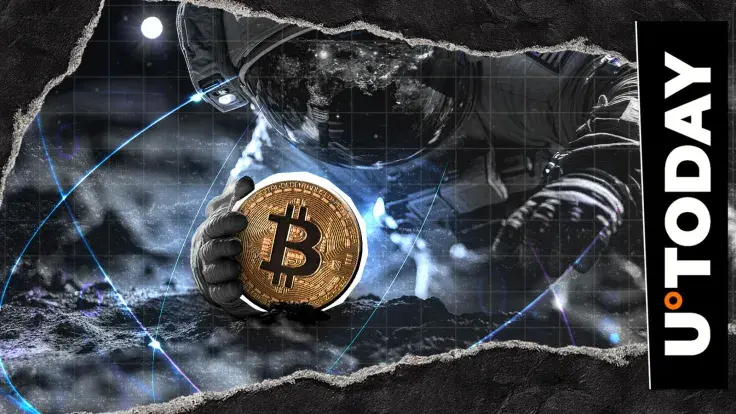
F2Pool co-founder Chun Wang, who is known as the first Bitcoiner to travel to space, is convinced that the fears of quantum computing breaking Bitcoin are overblown.
"It turns out those who are panicking about quantum computers may wipe out Bitcoin have never written a single line of quantum code," Wang quipped.
Focusing on interplanetarization
As reported by U.Today, recent advancements within the quantum computing space have led to persistent concerns about the viability of Bitcoin's SHA-256 hashing algorithm.
Google's Willow, Microsoft's Majorana 1 and IBM's Blue Jay projects show that the newfangled technology is moving forward despite remaining somewhat obscure and lacking virtually any real-world use cases that could show off its actual potential.
Recently, Tesla CEO Elon Musk specifically asked Grok, an AI chatbot developed by xAI, to estimate the probability of SHA-256 being cracked.
However, Wang is convinced that quantum computers still will not have cracked Bitcoin by the time humans actually settle on Mars. "Instead of wasting time worrying about quantum computing, it makes far more sense to think about how to make Bitcoin latency-tolerant, so it can serve an interplanetary civilization," he said.
Wang has specifically stressed that he wants Bitcoin to assume the role of the interplanetary settlement currency instead of some "fleeting" altcoins.
Historic space mission
As reported by U.Today, Wang traveled to space as part of the Fram2 mission, flying over the Earth's pole alongside three other crew members.
During the mission, the crew conducted a total of 22 scientific experiments, which included performing X-rays in space for the first time.

 Vladislav Sopov
Vladislav Sopov Dan Burgin
Dan Burgin